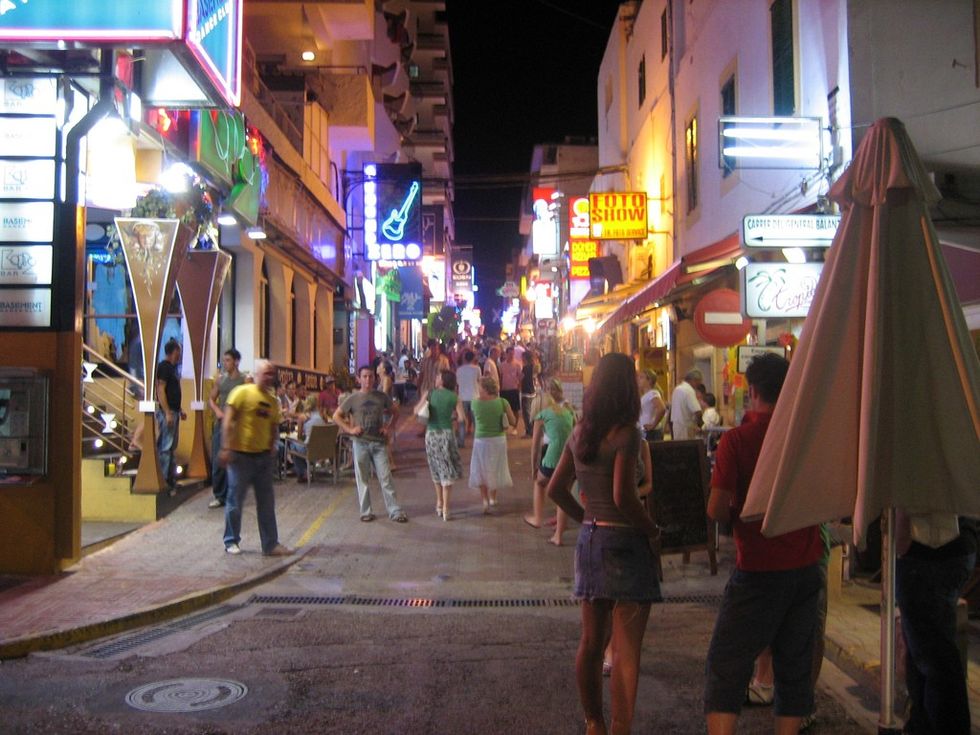Spain issues travel warning to British tourists after spike of cases in illness which causes blotchy spots and bleeding gums

The Spanish Government had warned there is a "moderate risk" of dengue fever infection this summer
Don't Miss
Most Read
Ibiza has issued a warning to tourists after an outbreak of dengue fever on the Spanish island.
Health officials are bracing for a surge of infections which in serious cases can even be fatal.
The illness, which spreads via mosquitos, can lead to a blotchy rash made up of flat or slightly raised spots, swollen glands, and even bleeding gums or nose.
Other symptoms include a severe headache and being sick.

Six German tourists were infected in Ibiza last year
|Flickr
Dengue fever last broke out in Ibiza last year with six German tourists infected, but health officials fear a second wave is set to strike.
The Spanish Government had warned there is a "moderate risk" of infection this summer.
Spain's Ministry of Health said in a statement: "One of the potential vectors of dengue is the Aedes albopictus mosquito, present throughout the area, the Spanish Mediterranean and the Balearic Islands and also in some areas of the interior and north of the country.
"After learning about the cases, the authorities of the Balearic Islands have planned actions such as pertinent surveillance and vector control and also communication and information to the public, to be carried out before and during the start of the vector activity season."
It is thought the illness first spread to Ibiza from a Mexican holidaymaker who did not start displaying symptoms until they had already arrived on the island.
It takes between four and 10 days for symptoms to usually emerge after being bitten by an infected mosquito, according to the NHS.
The health service warns that severe dengue can be very serious if it's not treated quickly in hospital but that most people usually recover within a few days.
It says those who are very young, over 65, pregnant, or have a weakened immune system are at risk of severe dengue fever.
"If you're at increased risk of dengue, you should avoid travelling to countries where the infection is found," it says.
"If you’re in a country where dengue is found, the best way to prevent infection is to avoid being bitten by mosquitoes."
Those who have severe dengue symptoms while travelling should go to hospital as soon as possible.










